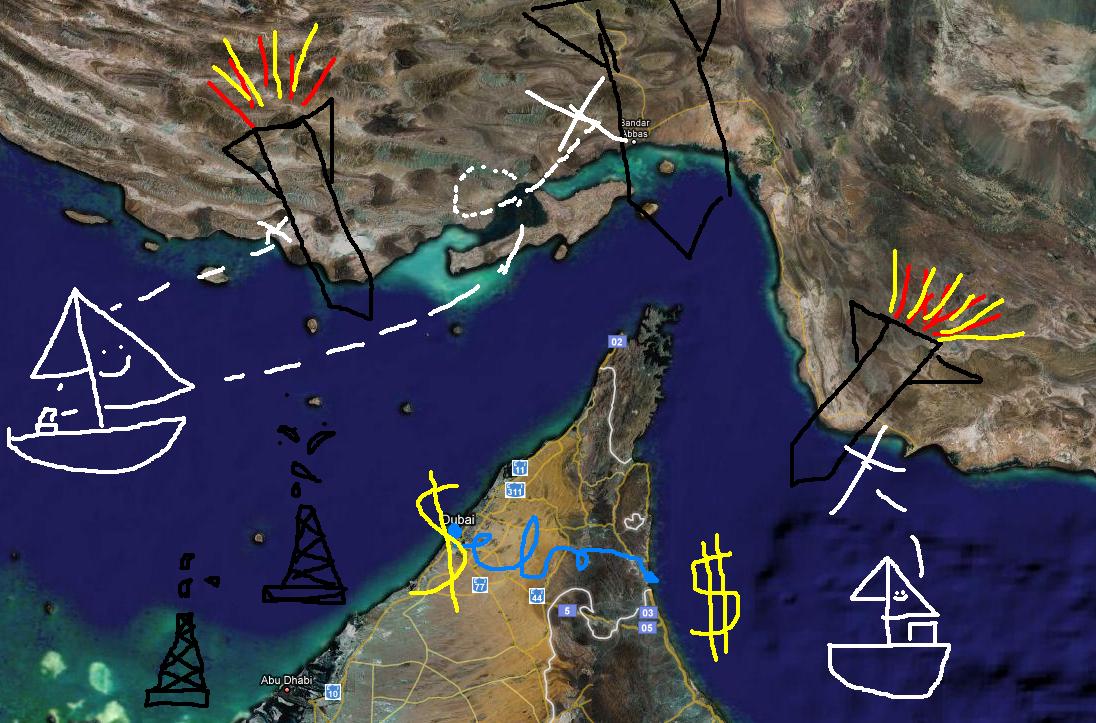UAE: The geopolitics of excess

Let’s read these two articles together. First from AP second from The Times:
U.S. plans $7 billion missile-defense sale to UAE
The Bush administration is planning to sell the United Arab Emirates an advanced U.S. missile defense system valued at up to $7 billion that could be used to defend against Iran, people who have attended briefings on the matter said on Monday….
Kenneth Katzman, an expert on the Gulf at the Congressional Research Service, said the UAE has been eager for a “sophisticated antidote” to Iran’s missile capabilities.
“The UAE has been concerned for many years about possible retaliation against it for U.S. or Israeli strike on Iran’s nuclear facilities,” he said.
For Iran, Katzman added, UAE could be an attractive target because of its billions of dollars of infrastructure investments….
The potential $7 billion sale would include anti-missile interceptors, firing units, associated radar sites and training, among other things, a congressional staff member said.
Dubai plans $200bn canal to bypass Strait of Hormuz
Dubai is studying plans to build a $200 billion (£114 billion) mega-canal that would allow oil tankers to bypass the Strait of Hormuz. The Gulf emirate is understood to be considering the idea as a means of reducing Iran’s influence on the flow of oil from the region.
About 17 million barrels of oil a day are transported through the strait, equivalent to 40 per cent of the world’s traded oil.
However, the proposed canal project would be fraught with difficulty. Oil tankers weighing more than 300,000 tonnes would need a route through the mountainous region between Dubai and its Indian Ocean coast….
Iran has hinted repeatedly that, if threatened, it would target commercial vessels in the strait. The navigable tanker lanes are only six miles wide and any disruption could severely limit oil exports from the Gulf.
Engineers are understood to have presented the plans for a 112-mile canal to the Dubai Government. It would link the Gulf coast with the port of Fujairah on the Indian Ocean coast, crossing the Hajar Mountains with a network of enormous locks. The massive cost and complexity of the project is thought to have stalled a decision on the canal, but it could be a popular initiative with other Gulf states….
Abu Dhabi is building a pipeline to Fujairah so its oil can avoid Hormuz. It will carry about 1.5 million barrels a day, but will not have the capacity to transport oil from Saudi Arabia or other producers.
There’s a good new report on the state of sea-based missile defense here.
UPDATE: Pete over at Middle East Media has some important background info on the missile deal and reactions in the Arab press.
